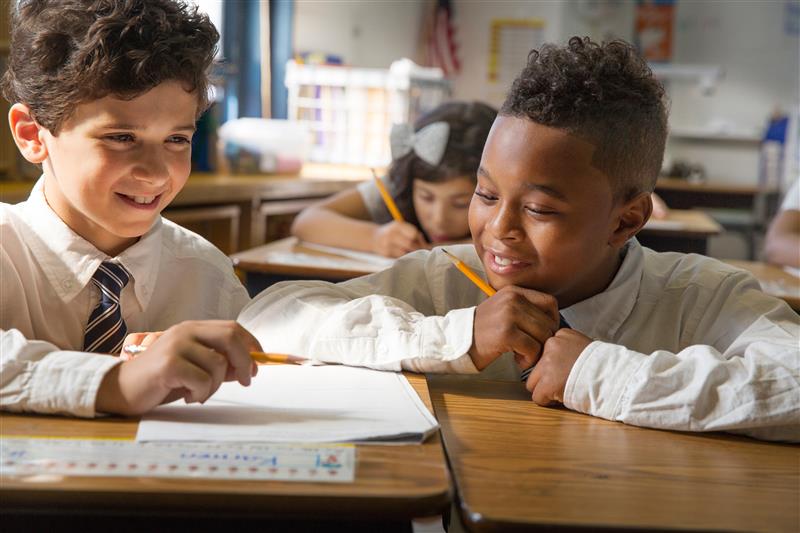News
Our latest column is now available.
The Power of Learning from Each Other — Understanding Peer Learning
Do you remember studying with friends back in school—teaching each other concepts and helping one another prepare for exams? You may have found it more motivating and memorable than studying alone. This effect has been the subject of academic research. The process of actively helping and supporting peers to acquire knowledge and skills is called peer learning. While most studies on peer learning have focused on educational settings, it is increasingly being applied to corporate training and workforce development. Since the 1970s, more than 164 studies have been conducted, demonstrating its positive impact on academic performance. (*1)

When people hear “peer learning,” they often picture the straightforward exchange of specific knowledge or technical skills—just like in the example above. However, the Immersive Reality Training we offer can also be considered a form of peer learning in a broader sense. In our programs, participants collaborate, and sometimes even clash, as they work toward a shared goal. While they are not explicitly teaching each other facts or procedures, they observe and interact with characters played by others, learning soft skills such as negotiation through these dynamic exchanges.
Immersive Reality Training also combines a shared group objective with individual accountability. Each participant’s decisions and actions directly influence the unfolding story. Research shows that when collective goals are paired with personal responsibility, learning outcomes are significantly enhanced. (*2)
Furthermore, studies indicate that peer learning can improve self-esteem, foster self-control, and promote long-term retention of what is learned. (*3) In Immersive Reality Training, participants not only acquire skills during the session but also retain and refine them afterward—ensuring sustained development well beyond the training itself.
If you're interested in learning more about how this program works or how it could support your team’s growth, click here to contact us.
(※1)D.W.Johnson, R.T. Johnson. (2001). Learning Together and Alone: Cooperative, Competitive, and Individualistic Learning
(※2)Slavin, R. E. (1995). Research on cooperative learning and achievement: What we know, what we need to know. Baltimore, MD: Center for Research on the Education of Students Placed at Risk, Johns Hopkins University.
(※3)Schunk, D. H., & Zimmermann, B. J. (Eds.). (1994). Self-regulation of learning and performance. New York: Lawrence Erlbaum
